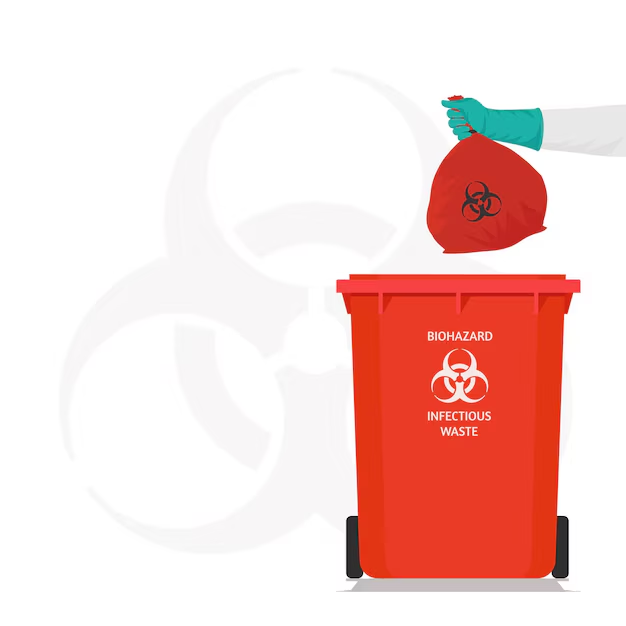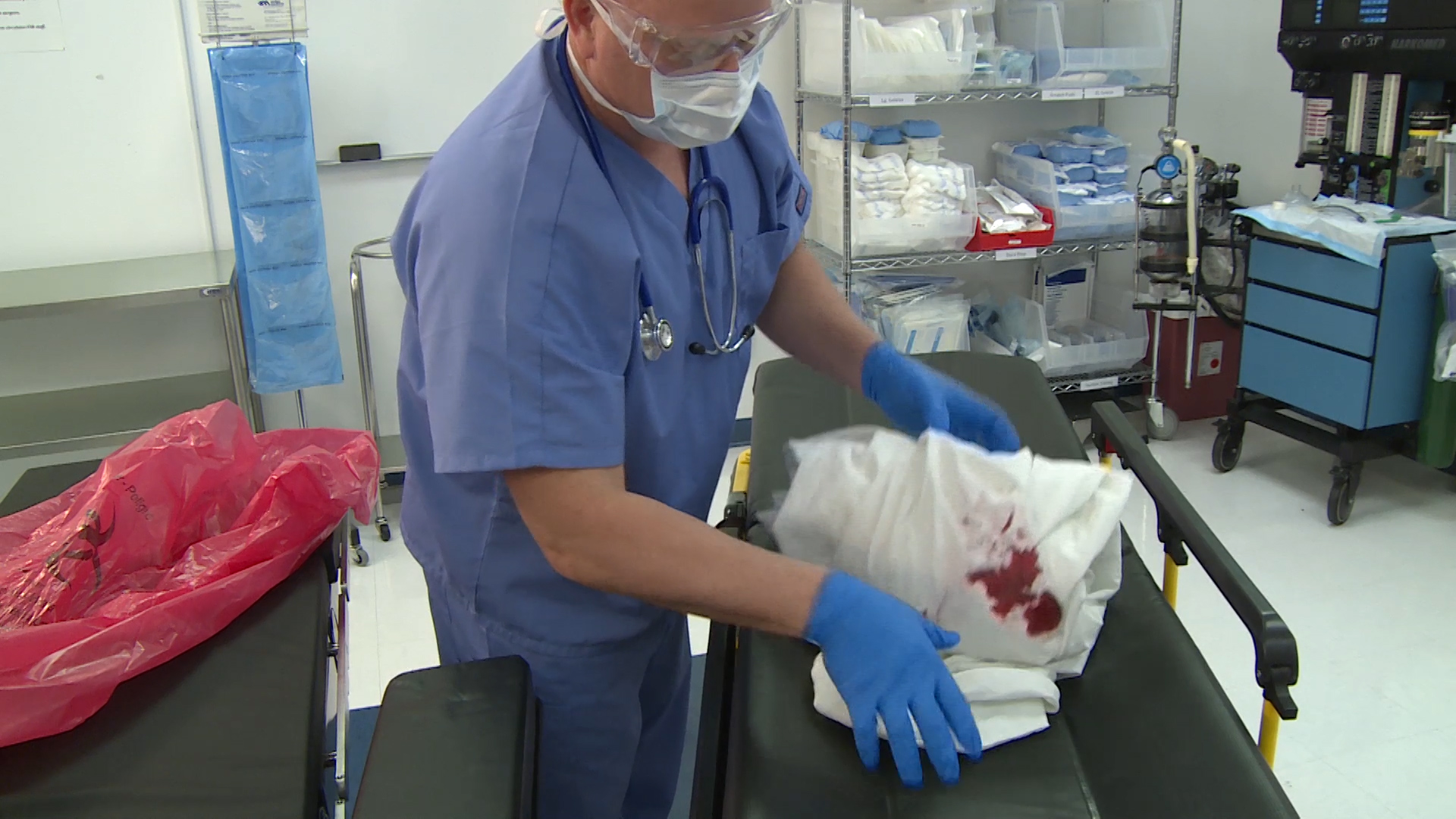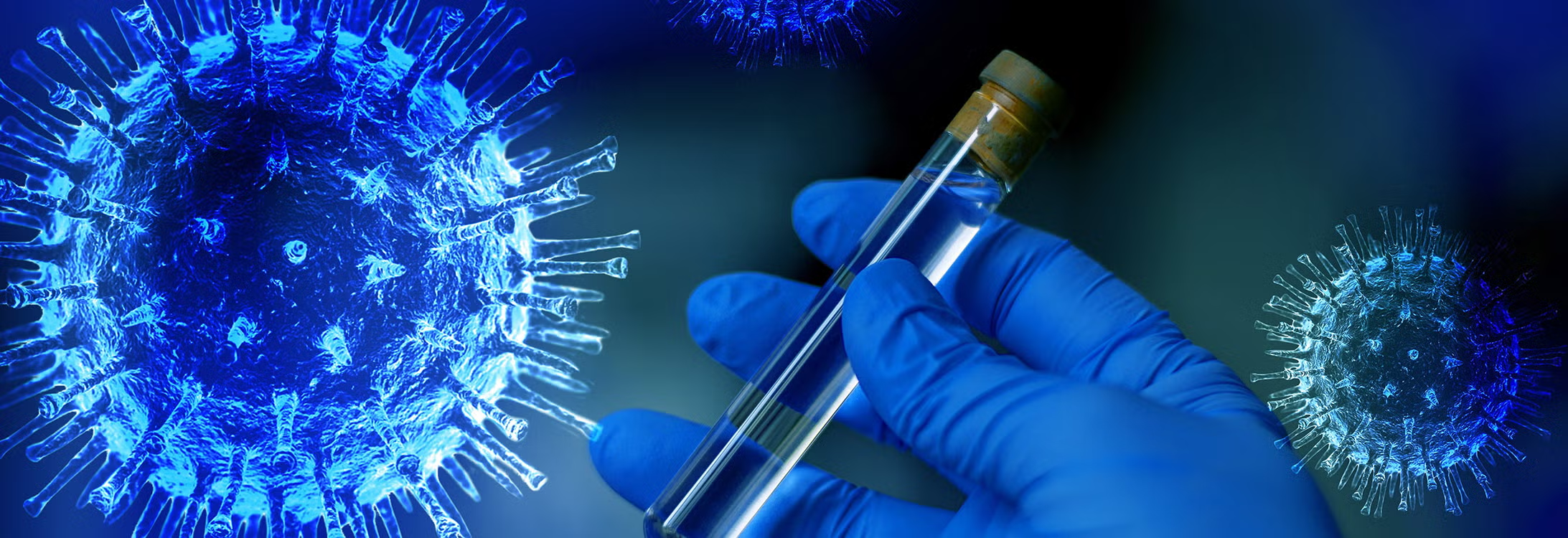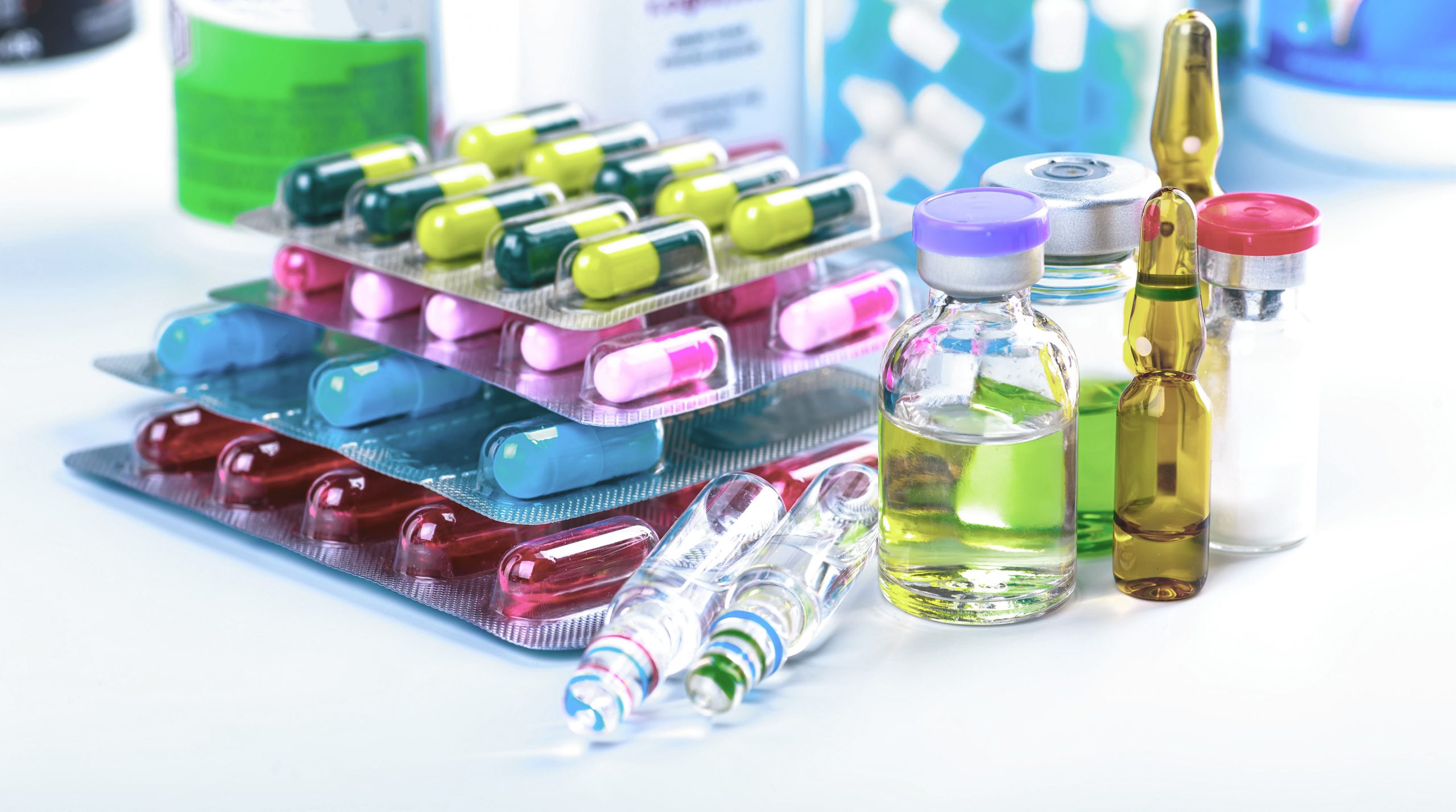Have you ever wondered what items you should not put in a medical waste box or tub? Expert Solutions From Secure Waste
What Are the Ramifications of Improper Disposal?
Proper disposal of medical waste is vital for every healthcare facility, from physician’s offices to veterinary clinics and hospitals! By understanding the different categories of medical waste, you can effectively categorize, segregate, collect, and store these materials to ensure the safety of your staff, patients, and the entire community. Plus, it keeps you in line with essential regulations!
It’s also crucial to remember that some materials don’t belong in the medical waste category and should never be disposed of with your facility’s waste, even if they might seem fitting. This guide below will walk you through unacceptable items and the potential consequences of improper disposal. Together, we can maintain a safer, healthier environment for everyone! Please take a look, and let’s work towards responsible waste management!
Need More? Take A Deeper Dive, What Should Not Go In The Biohazard Box or Tub
Essential Items to Keep Out of the Medical Waste Bin!
Regulated medical waste (RMW) includes materials that can cause infection, illness, and injury. Understanding the various categories of RMW and identifying unacceptable items will help you dispose of all waste properly.
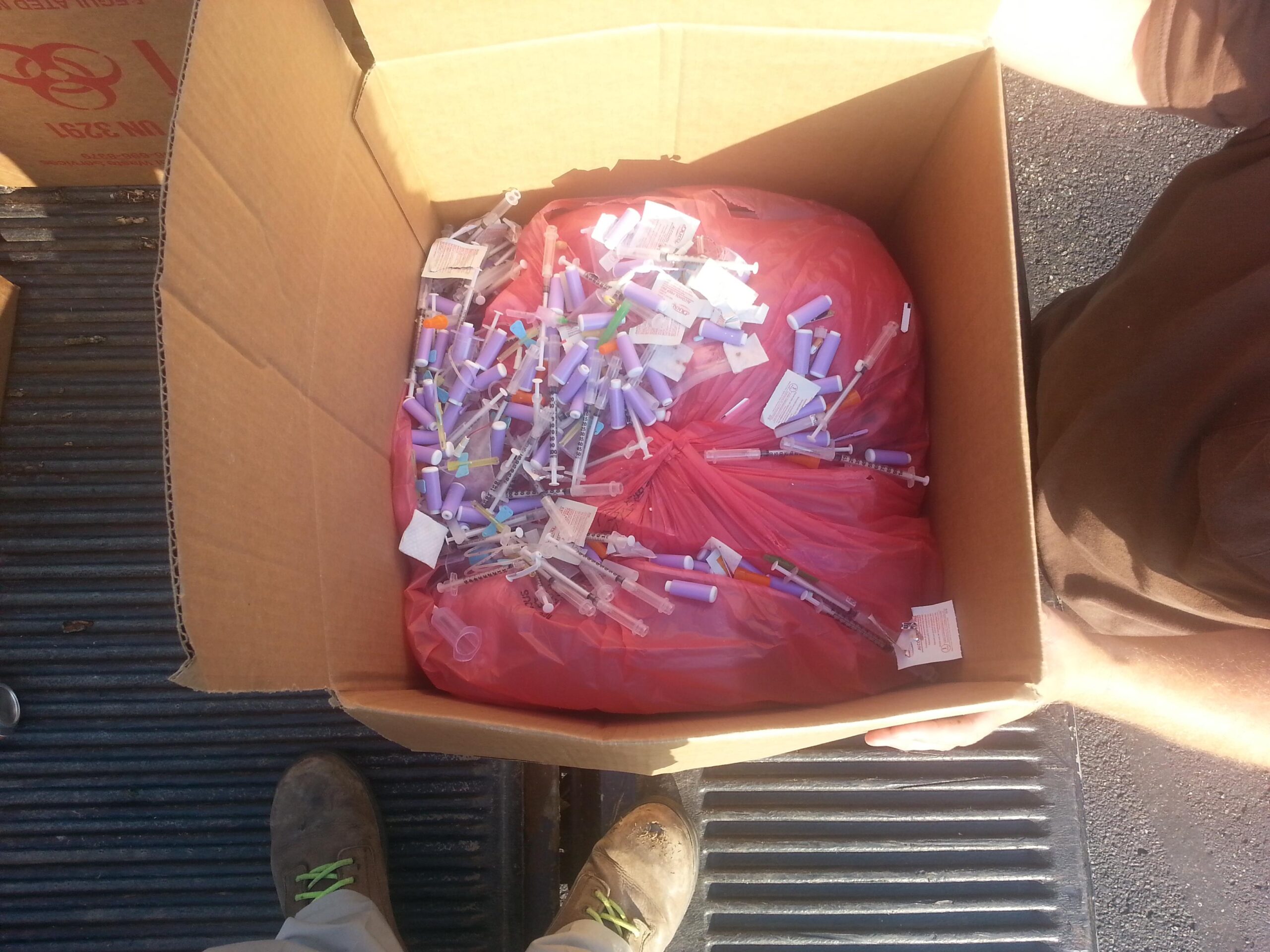
Loose Sharps Needles Or Sharps Items
To ensure safety, sharps—like needles—should never be placed loose directly in a medical waste box or tub. Instead, they should be placed in an approved sharps container first. This way, we can handle disposal properly and keep everyone safe! Let’s work together to maintain a clean and secure environment.

Batteries
A Guide to Proper Battery Recycling
Regardless of size or type, batteries should never be disposed of with your facility’s medical waste. They contain harmful chemicals such as lead, mercury, and cadmium, which can contaminate the environment if not disposed of properly. These toxic substances can leach into the soil and water, posing serious health risks to humans and wildlife.
Improper disposal of batteries can lead to environmental pollution and harm ecosystems. Additionally, battery acid can corrode containers and equipment, resulting in leaks and damage.
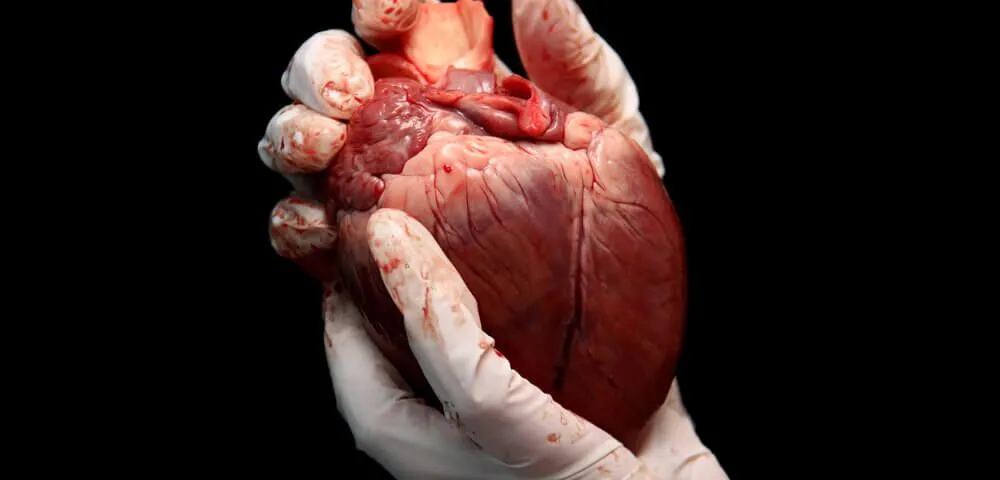
Human Remains
Surgical centers, funeral homes, and medical examiners are crucial in responsibly managing human waste, including organs, tissues, and body parts. These materials come with specific disposal guidelines to ensure safety and compliance with medical waste regulations. It’s essential to note that complete human remains require special handling and adhering to legal and ethical standards. Proper disposal is vital to protect healthcare workers and safeguard human and wildlife populations from potential risks. By following these guidelines, we contribute to a safer and healthier environment for everyone. Let’s work together to uphold these essential practices with sincerity and care!
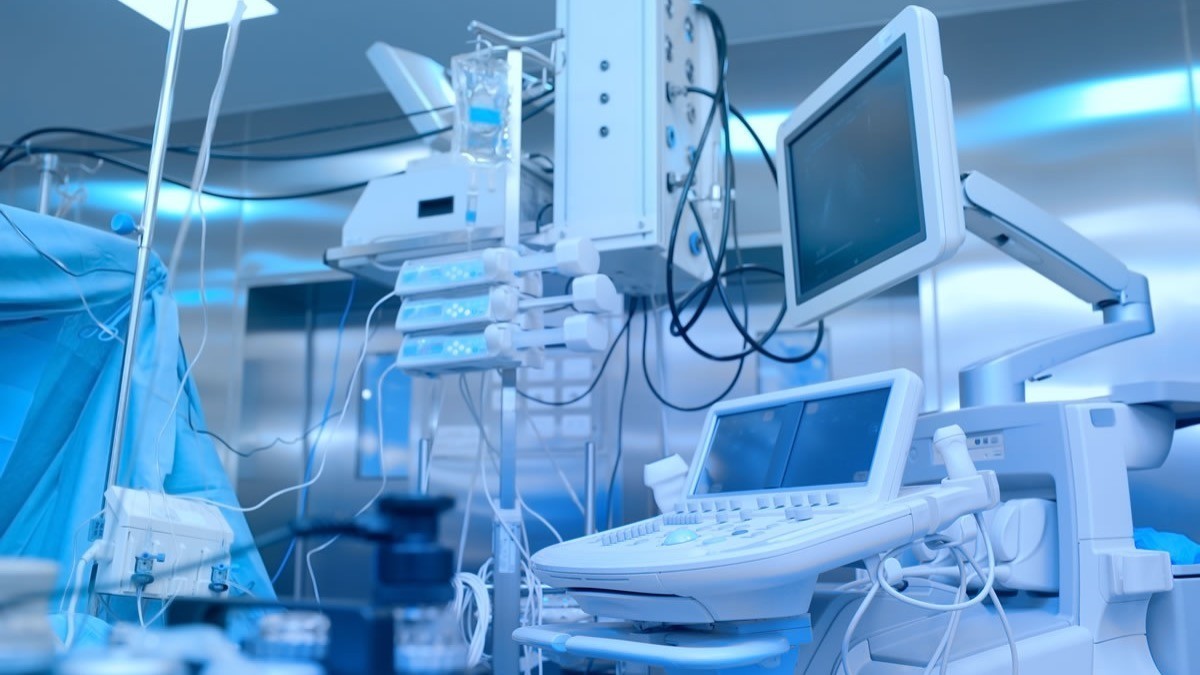
Electronics
Handling electronic devices like computers, monitors, tablets, and medical equipment with care is crucial! These gadgets can contain harmful materials like lead and mercury, threatening our health and the environment. Instead of tossing them in medical waste, let’s take a responsible approach by recycling or disposing of them through special electronic waste programs or trusted shredding services. Proper disposal prevents toxic substances from leaching into our soil and water, ensuring we protect our planet and its people. We can create a cleaner, safer world by carefully choosing our electronics! Let’s do our part!
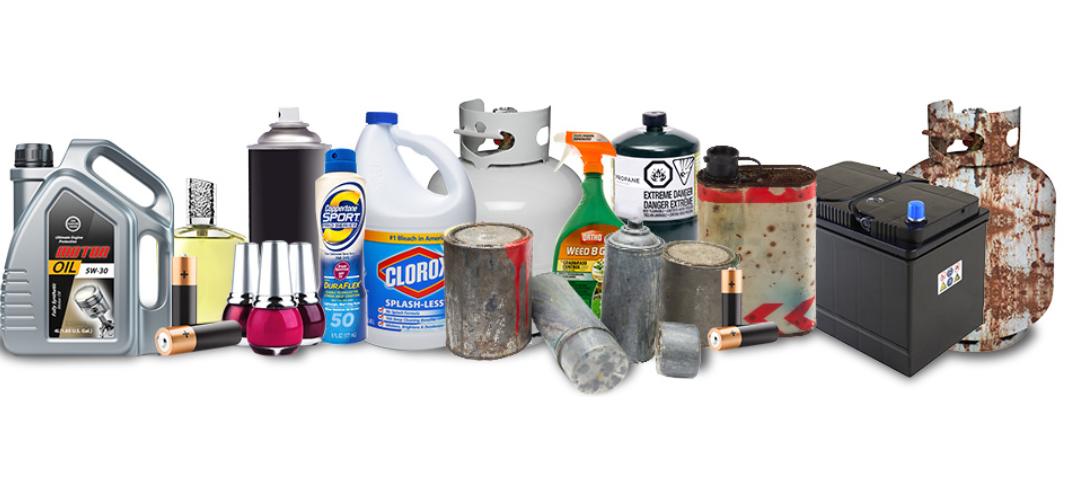
Hazardous Items
Handling hazardous materials like chemicals, solvents, and radioactive substances carefully is crucial! When it comes to disposal, these items shouldn’t be mixed with medical waste, as they need special attention to keep our environment safe and healthy. Proper disposal is essential to prevent potential issues like chemical spills and pollution, which can harm people and wildlife. By being mindful of these materials, we can protect our communities from health risks and ensure a brighter, cleaner future for everyone. Let’s work together to make responsible choices that safeguard our planet!
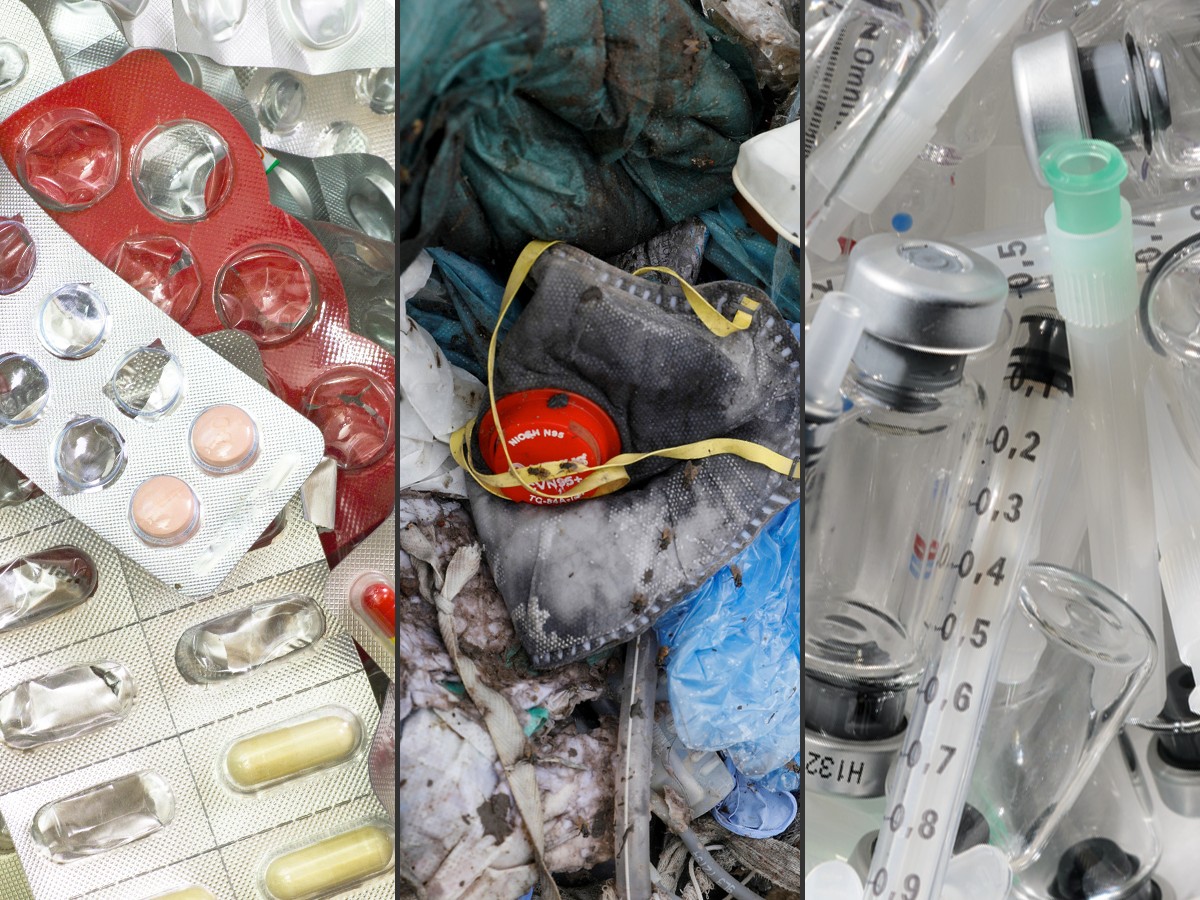
Non-Medical Waste Items
Many items unrelated to healthcare are often mixed with medical waste, leading to non-compliance violations and fines. Household trash, food waste, and similar materials should never be disposed of with medical waste, as this complicates disposal and increases contamination risks.
Improper disposal can result in ineffective waste management, higher costs, and health hazards for waste management workers. Proper medical waste disposal protects public health, wildlife, and the environment. Healthcare facilities must follow established protocols to avoid these issues and ensure compliance.
Secure Waste Waste can help your facility with proper medical waste disposal and compliance training. Please get in touch with us today or fill out the form on this page to learn more.
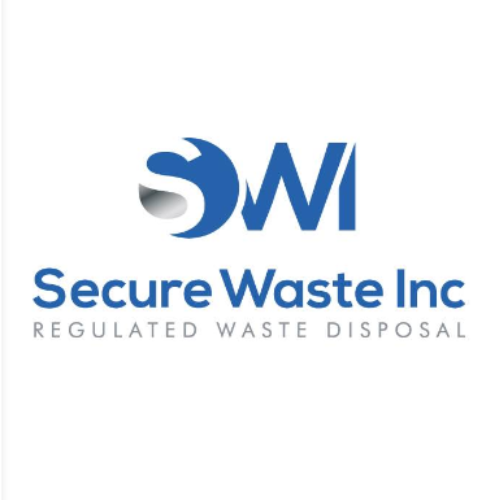
Expert Medical Waste Management: With over 25 years of industry experience, Secure Waste is a trusted local leader in hazardous and biohazardous waste disposal across Maryland, Virginia, and Washington, D.C. Specializing in medical waste management, sharps needle disposal, and biohazard waste removal, the company ensures full compliance with federal, state, and local regulations while prioritizing environmental sustainability.
The company also offers additional services, including secure document shredding and sharps container sales, providing comprehensive solutions for healthcare facilities and businesses. Our cost-effective services help clients maintain regulatory compliance without unexpected costs.
With a commitment to customer satisfaction, Secure Waste offers tailored waste management plans that align with industry best practices. Their team of experts provides reliable, timely, and compliant services, making them the preferred choice for medical waste disposal. For a free waste quote or more information, visit www.securewaste.net
